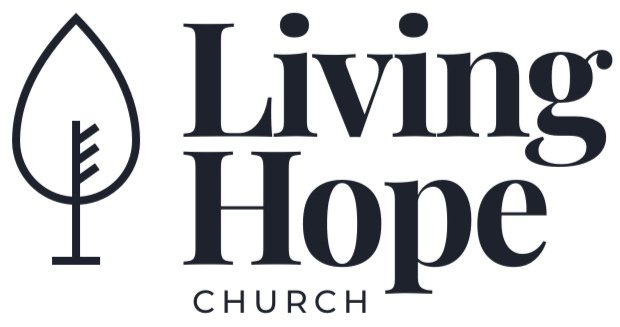Day 19 - Job
It’s a cold and snowy morning outside - like winter ought to be (though it could be shorter in duration). This morning in our reading we begin the book of Job. Job is one of those books that is pretty difficult to date accurately, but most believe that the action of the story took place around the time of the patriarchs (around the time of Abraham, Isaac, Jacob and the like). Today the stage is set for the whole of the book. And this is a book that causes us to reflect on the concept of innocent suffering. Consider how Job is described in the very first verse. And look at 1:21, 22 and the way Job responded to the tragedy that befell him and his family. But then we move to chapter 2, and the difficulty is ramped up a bit.
Here are D.A. Carson’s reflections on chapter 2:
“It is one thing to endure with steadfast loyalty when the losses, however painful, are all external; it is quite another thing to endure when one loses one’s health (Job 2). Some reflections:
(1) We are still dealing with innocent suffering. God himself declares of Job, “There is no one on earth like him; he is blameless and upright, a man who fears God and shuns evil. And he still maintains his integrity” (2:3).
(2) Up to this point, God has proved Satan wrong: Job’s loyalty to God is not conditioned by crass, self-serving bartering. Here is a man who is upright and faithful when all his wealth and even all his children are stripped away from him. That is what makes Satan up the ante: “Let me take away his health,” Satan says in effect, “and he will surely curse you to your face” (2:4–5). So a new level of entirely innocent suffering is introduced, and the stage is set for the rest of the book.
(3) At this point believers must ask painful questions. Doesn’t this sound as if God is using Job in some fantastic experiment? Why should the poor chap have to lose his wealth, his family, his health, and (as we shall see) his reputation, merely to prove God right in a challenge God might well have ignored?
That question could call forth a very long book. I have no final, exhaustive answers. But some things should be borne in mind. (a) We belong to God. He may do with us as he wishes. There is something deep within us that rebels at being reminded of that elemental truth. But truth it is. Indeed, our rebellion in the face of it is a reminder of how much we still want to be at the center of the universe, with God serving us. That is the heart of all idolatry. (b) Suppose Job had known of the arrangement between God and Satan. A lesser man might have protested violently, but it is at least plausible to think that Job would have used such information to invest his suffering with profound significance, thus making it easier to endure. Indeed, he might have seen his suffering as bound up somehow in a larger cosmic struggle between good and evil. (c) Other factors to be borne in mind must await the conclusion of the book of Job—indeed, the conclusion of the Book, the Bible.
(4) So Job now faces painful and degrading physical breakdown, emotional abandonment by his wife, and the arrival of the three miserable comforters. Innocent suffering is immeasurably difficult to endure; it is still worse when every emotional support proves to be a broken reed.”
